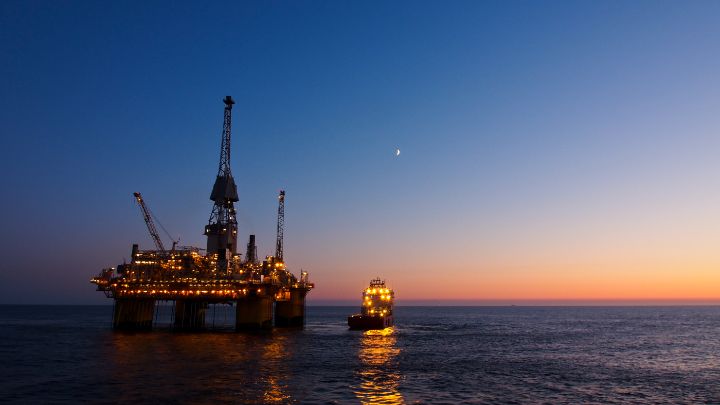India plans to set up its own protection and indemnity (P&l) entity—the India Club—for providing insurance to ships operating in Indian coasts and waterways. Currently, the shipping industry relies on global firms for insurance. Mint explains the significance:
What is a P&I entity or club?
A P&I entity or a P&I club is a mutual insurance association that provides risk-pooling information and representation for its members. Unlike a marine insurance company, which reports to its shareholders, a P&I club reports only to its members including ship owners, operators, charterers, freight folders, and warehouses. These act as both insurer providers and insurance receivers for its members and provide coverage for a carrier’s third-party open-ended risks such as damage to cargo, war, and environmental damage such as oil spills. Traditional insurers are reluctant to provide such cover.
How many such clubs operate globally?
The International Group of P&I Clubs, based in London, comprises 13 clubs, which provide cover for approximately 90% of the world’s ocean-going ships. These include clubs from the UK, US, Korea, Singapore, Japan, the Netherlands, China, Bermuda, Norway and Sweden. These clubs cooperate to provide funds in the event of huge claims using a complex system to determine liability. Club members contribute to the club’s common risk pool according to the pooling agreement rules. Several Indian shippers operating on global routes also take P&I cover from these clubs, which allows them to operate in global maritime zones.
Why is India looking to set up its own P&I entity?
An India-focused local entity may reduce the country’s vulnerability to international sanctions and pressures, as coverage is denied to ships operating between countries facing sanctions. The Russia-Ukraine war, and its fallout, have reinforced the need for such coverage. The coverage, initially, will mostly be for the domestic movement of ships.
How will an India-focused P&I function?
The Ministry of Ports, shipping, and Waterways is leading a move to form a coalition of domestic fleet owners operating on coastal and inland waterways routes. The locally-owned P&I entity will only cater to vessels operating within the country on coastal routes and inland waterways systems. Also, a traditional insurance and reinsurance company may be involved in the Indian P&I entity to underwrite claims and offer services to fleet owners. Such an entity would fall under the purview of the regulator.
What challenges will such an entity face?
The move will only benefit players like the Shipping Corporation of India and some small shipping lines as 90% of Indian-owned ships are operating under foreign flags—of countries like Panama, Liberia, and Kazakhstan. Many ship owners opt for foreign flags to avoid regulations like stricter safety standards. Also, the India Club may face the problem of its cover not being accepted by global traders. Moreover, coverage for a crude-carrying tanker can run into $8 billion or more. Providing such a huge cover could be difficult.
Source: Hellenic Shipping News





